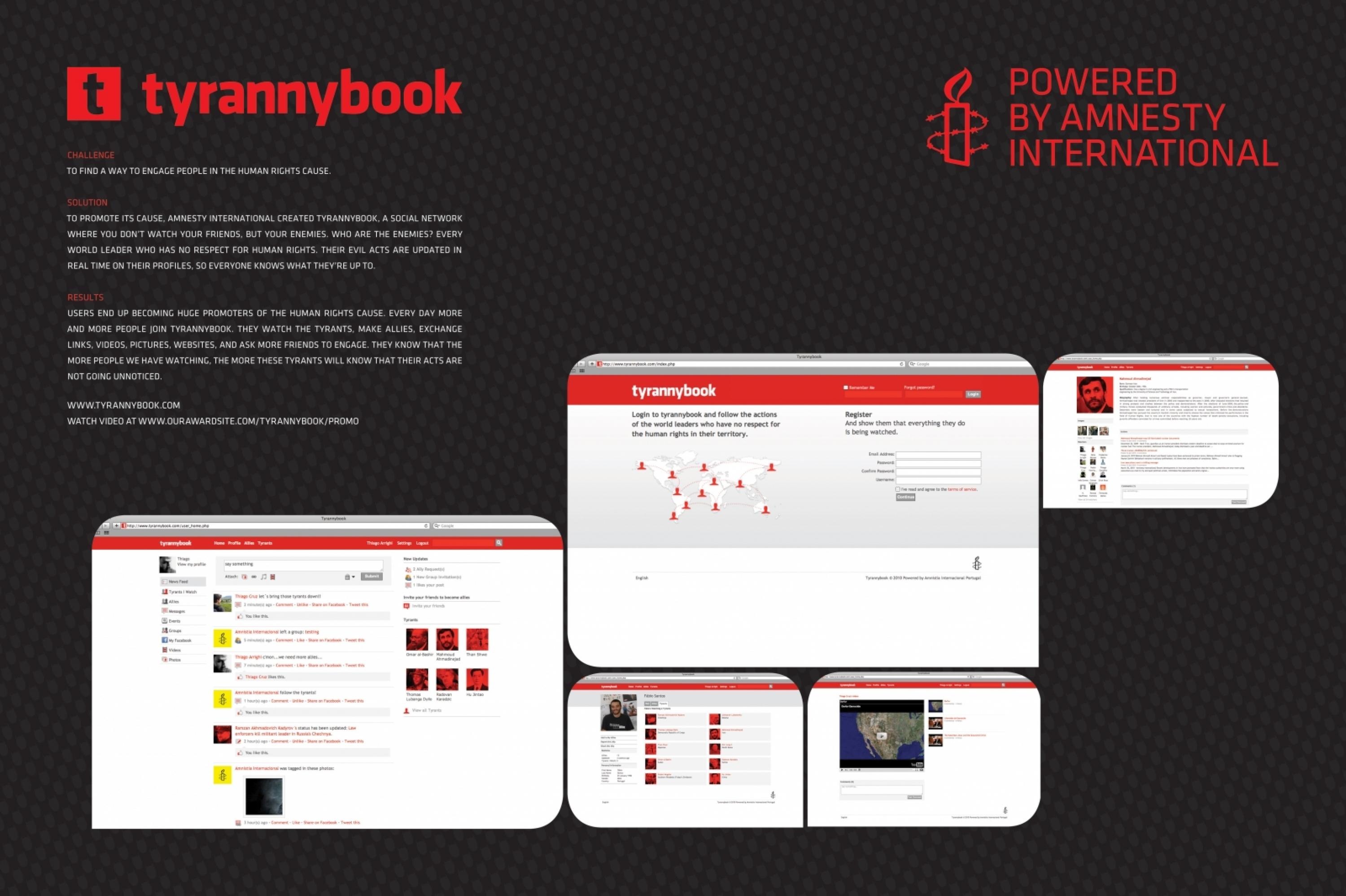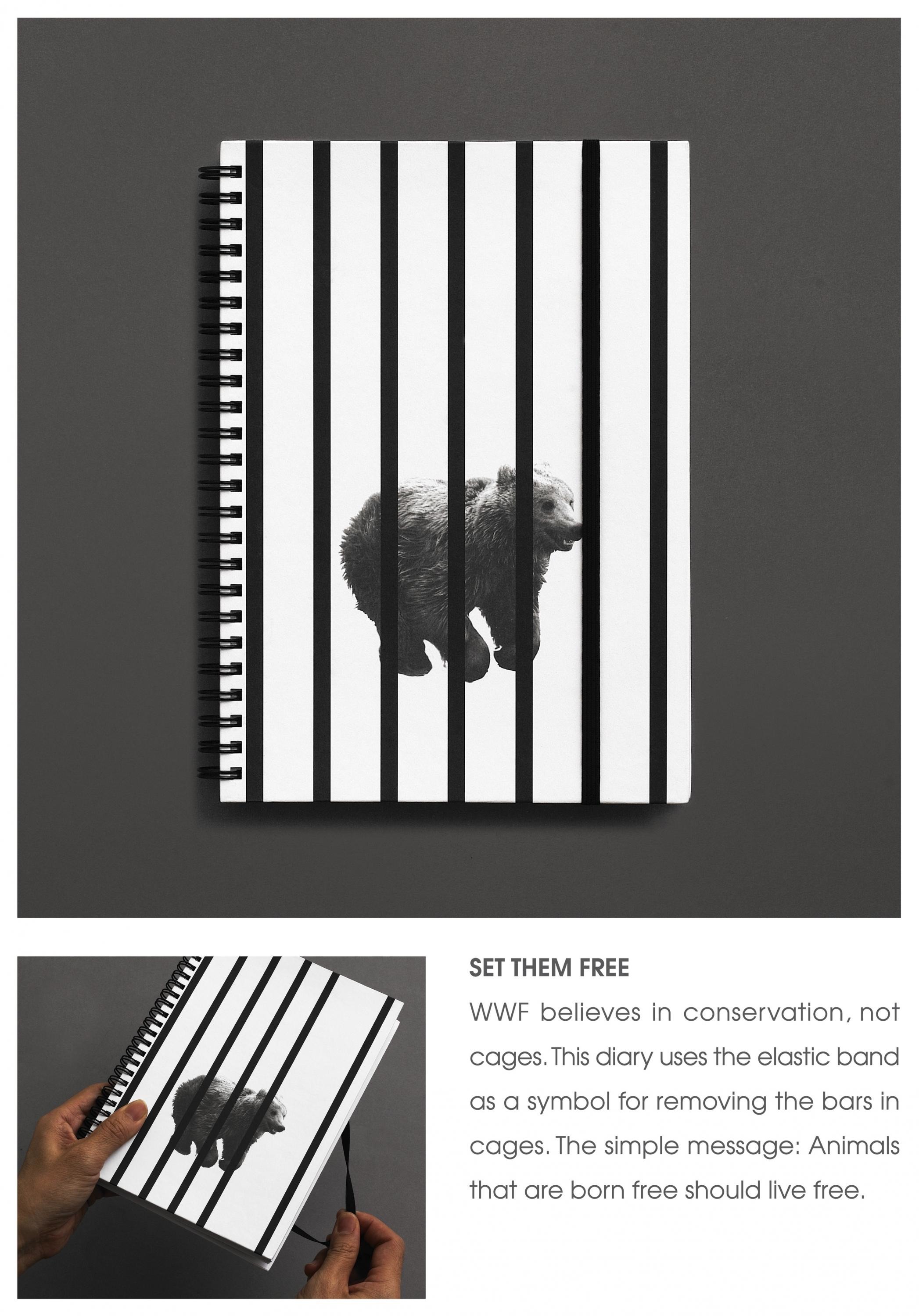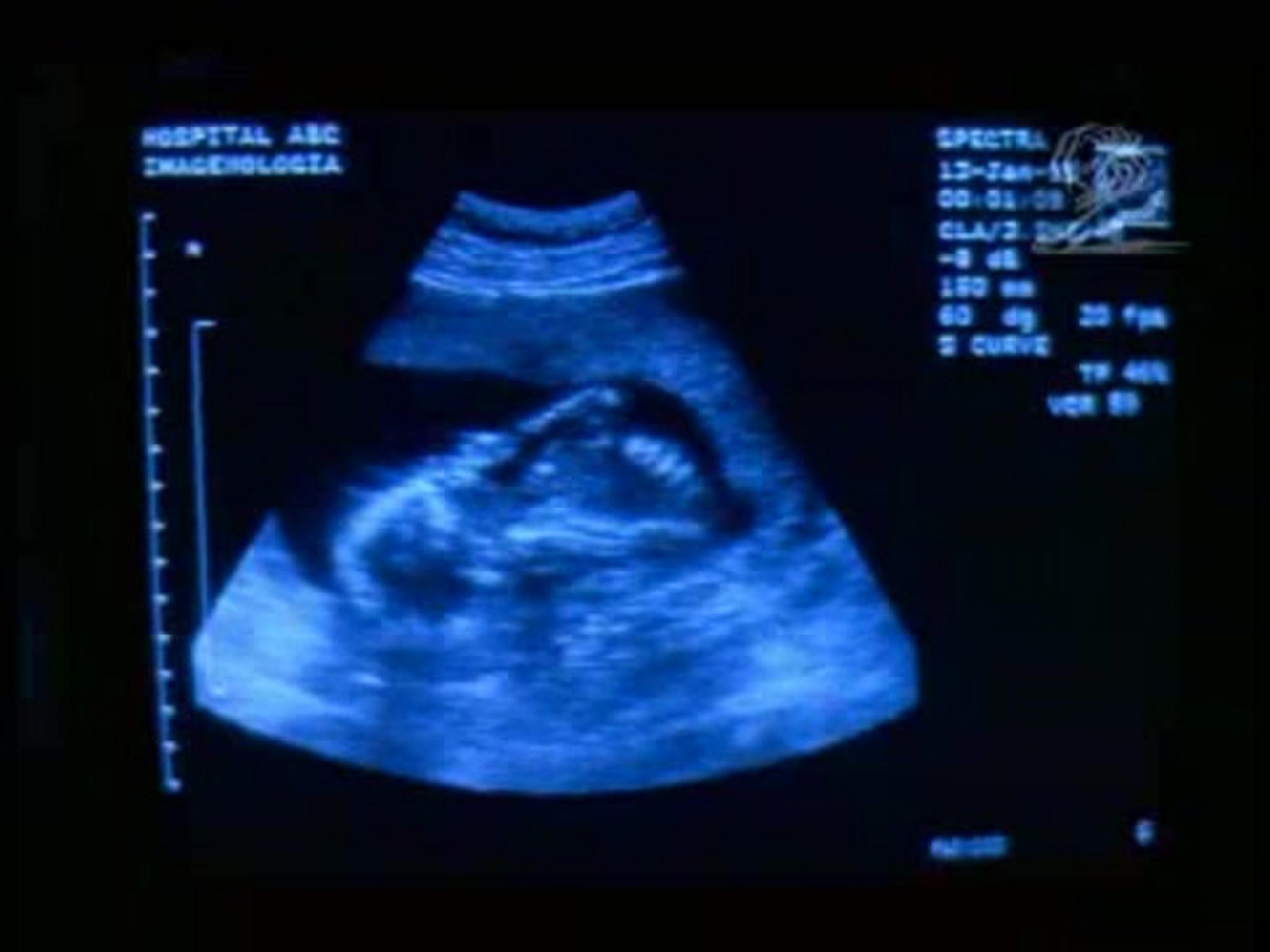Cannes Lions
Family-free zone
VCCP, London / AMNESTY INTERNATIONAL / 2019

Overview
Entries
Credits
OVERVIEW
Background
Over the past few years, refugees have been met with distrust on our shores, dehumanized by our right-wing tabloid media, and demonized by our most senior politicians. Home Secretary Sajid Javid this year questioned whether those fleeing war, famine and untold atrocity are ‘genuine’.
Against a tide of vitriol and skepticism, Amnesty International knew that they needed to cut through, reset, and help the public realise the horrors refugee families are forced to endure.
Because, while it’s an undeniable truth that families belong together, this is not currently the case for refugees who are denied a family life in Britain - and that’s what we needed to change.
The Home Secretary has the power to amend the immigration law himself, but we needed pressure him to act.
Our objective was to galvanize the public to sign a petition to get him to change the law.
Idea
Amnesty International UK organised the first ever ‘Family-free Zone’ on the Southbank on Saturday 2nd March, as part of their ongoing effort campaigning for refugee families to be together.
Our surreal experience saw two security guards patrolling the area in busy Southbank, telling families that they couldn’t enjoy the view, take pictures, sit, chat or eat in the zone together. Instead, they must split up, and if they wanted to stay together then they were unable to pass through the zone.
The experience highlighted the ridiculous, cruel and seemingly arbitrary nature of the existing law, enraging and galvanizing the public to sign a petition to call on the Home Secretary, Sajid Javid, to amend the law himself.
Strategy
To generate real change around UK refugee laws Amnesty International needed the support of more than just their hard-core supporters. They needed to galvanize the public in a groundswell of support to make the issue unavoidable for the Home Secretary.
While the people of the UK generally acknowledge they don’t like where the world is going, they admit feeling powerless to change anything.
Amnesty needed a way to empower people to believe that individual acts of humanity could become collective power – power strong enough to make real social change.
Instead of the standard charity approach of shocking people into action, we believed that creating empathy was the key. By forcing people to actually experience issue themselves it was impossible to ignore and it was impossible not to care.
Execution
We held the activation on London’s Southbank meaning that a high volume of families would pass through. Southbank is very near the Houses of Parliament, but a hotspot for families on a special day out together in town with an abundance of activities like the London Aquarium, iMax cinema, Festival hall and lots of restaurants. Families of all shapes and sizes were stopped, shocked and moved to action.
Organic content on Twitter and Instagram was released on the day. This teaser content featured snapshots of the action as it unfolded, flooding the feeds of Amnesty’s followers.
Our 90 second film went live 2 days later across Facebook, supported by influencers activity bringing our total to over 1.5 million views.
Finally, a PR drive featuring Juliet Stevenson launched us to the broadcast media. Across the print and newscast press, we had with a total of 28 pieces published.
Outcome
In press, there was a total 28 broadcast pieces published with a combined reach of 7,289,000.
Metro online (45m monthly unique users) ran a lengthy interview feature with Amnesty celebrity spokesperson Juliet Stevenson which included a link to the petition and embed of the Family Free Zone video.
There were 6 further pieces published in industry titles but most importantly the public took notice. Thousands of people saw the activation in Southbank and 1.5 million viewed Amnesty’s film- published to YouTube and promoted by the press.
Supporting activity on organic social and influencer partnership meant that we had a organic socially-driven reach of 275,936 and paid impressions of 3,118,354.
To date the petition has had over 30,000 signatures proving the UK believes that all families, including refugee families belong together.
Similar Campaigns
12 items









